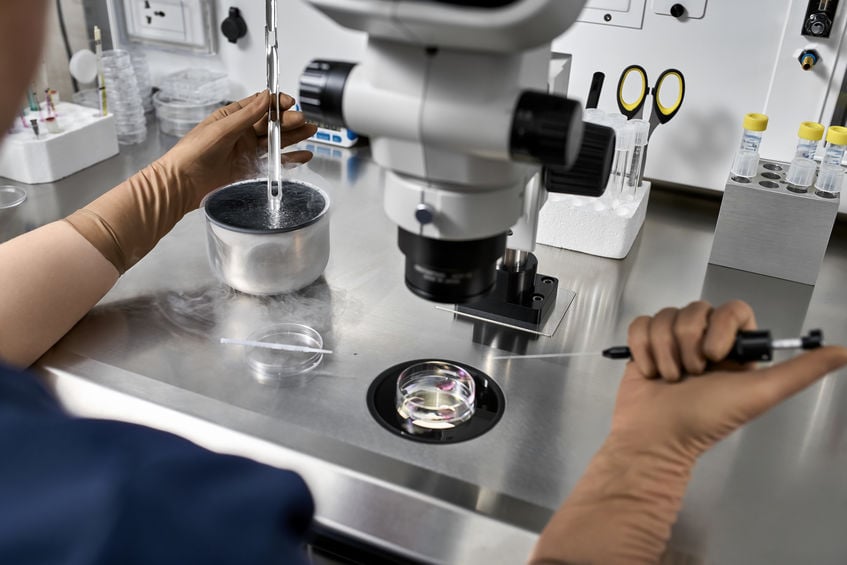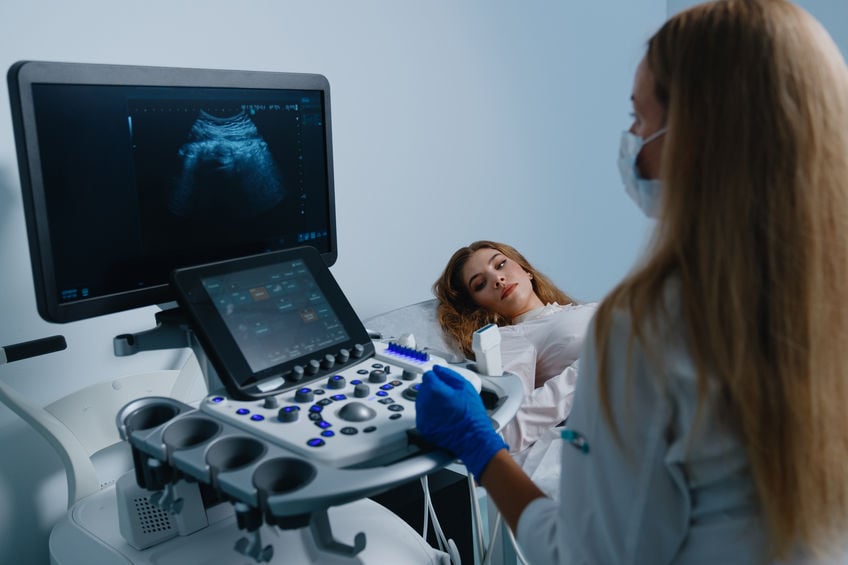Getting Pregnant Later In Life
Female fertility naturally declines with age. However, with in vitro fertilization (IVF), the possibility of pregnancy extends later than ever before. Women who desire a baby after the age of 40 have options. In addition to traditional IVF, egg donation, surrogacy, and adoption are worth considering. For some women, natural conception is still possible.

The natural decline of fertility
Women are born with 1-2 million eggs. By puberty, 300,000-400,000 eggs remain. After starting the menstrual cycle, a person loses approximately 1,000 eggs every month. The 20s are an excellent time for pregnancy, but many women are not yet ready to build a family. Studies show that fertility starts to decline gradually but significantly beginning around age 32, and at 37, a more rapid decrease occurs. By 40, there is about a 5% chance of pregnancy each cycle.
Assessing fertility
Women over 40 who have been unable to conceive should be seen as soon as possible for a fertility evaluation. At this appointment, a physical examination and bloodwork can be ordered. If an underlying issue, such as a fibroid, is identified, corrective action can be taken. In other cases where fertility is negatively affected purely due to age, next steps should be discussed.
The natural route
Continuing to try naturally is always an option for women over 40 who desire pregnancy. A 5% chance of conception each cycle is low, but pregnancy is still possible. Lifestyle changes such as a healthy diet rich in antioxidants, refraining from smoking and drinking, and sufficient exercise can help. Some individuals swear by certain supplements, such as coenzyme Q10 (CoQ10), to improve egg health and boost fertility.
Moving on to IVF
If fertility treatment is desired, moving straight to IVF is usually recommended for women over age 40. With IVF, medications are given to the woman to stimulate egg growth. Mature eggs are then retrieved and combined with a sperm sample in the lab to create embryos. The resulting embryo is then transferred back into the uterus in hopes of implantation. Although a lower number of available eggs in women over 40 decreases the chances of success, fertility medication and advanced IVF techniques allow for the possibility of pregnancy.
Egg donation and adoption
If no viable eggs are retrieved during IVF, women may be advised to consider egg donation. With this approach, a younger woman provides an egg for the patient to use. The egg can be combined with sperm from the woman’s male partner or a donor. Egg donation means there is no genetic link between the mom and the baby, but allows the woman to carry the pregnancy, give birth, and raise the child, ensuring a special bond. When fertility options have been exhausted, adoption is another avenue that can be explored.
Fabulous and fertile at 40
Even with declining egg numbers, pregnancy at 40 and beyond is possible. Some women have success trying naturally, while other individuals move straight to IVF to increase the chances of success. If traditional fertility treatment fails, egg donation is a possibility. Adoption is another route to parenthood worth considering. Options exist for women over 40 who want to have a baby.





